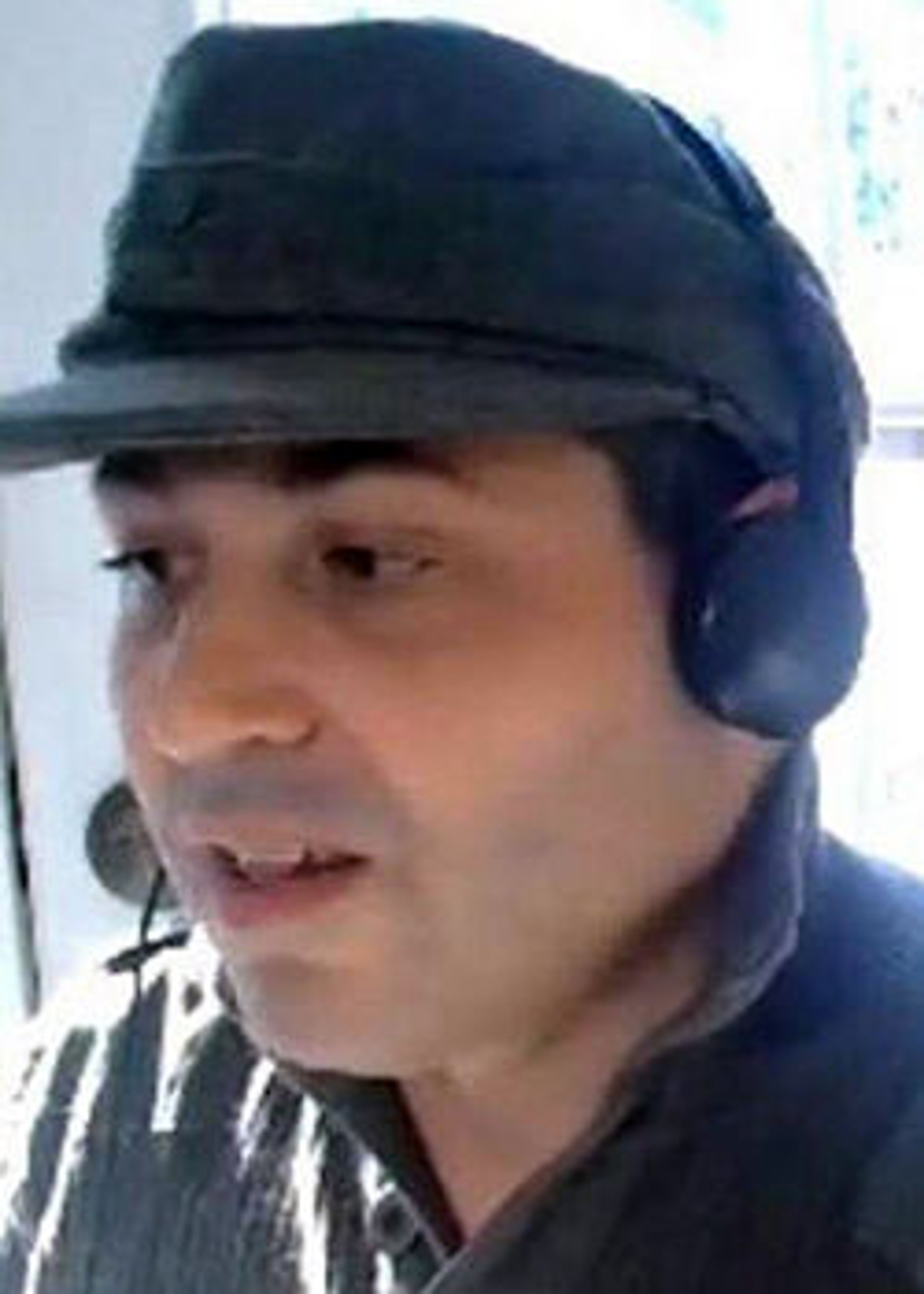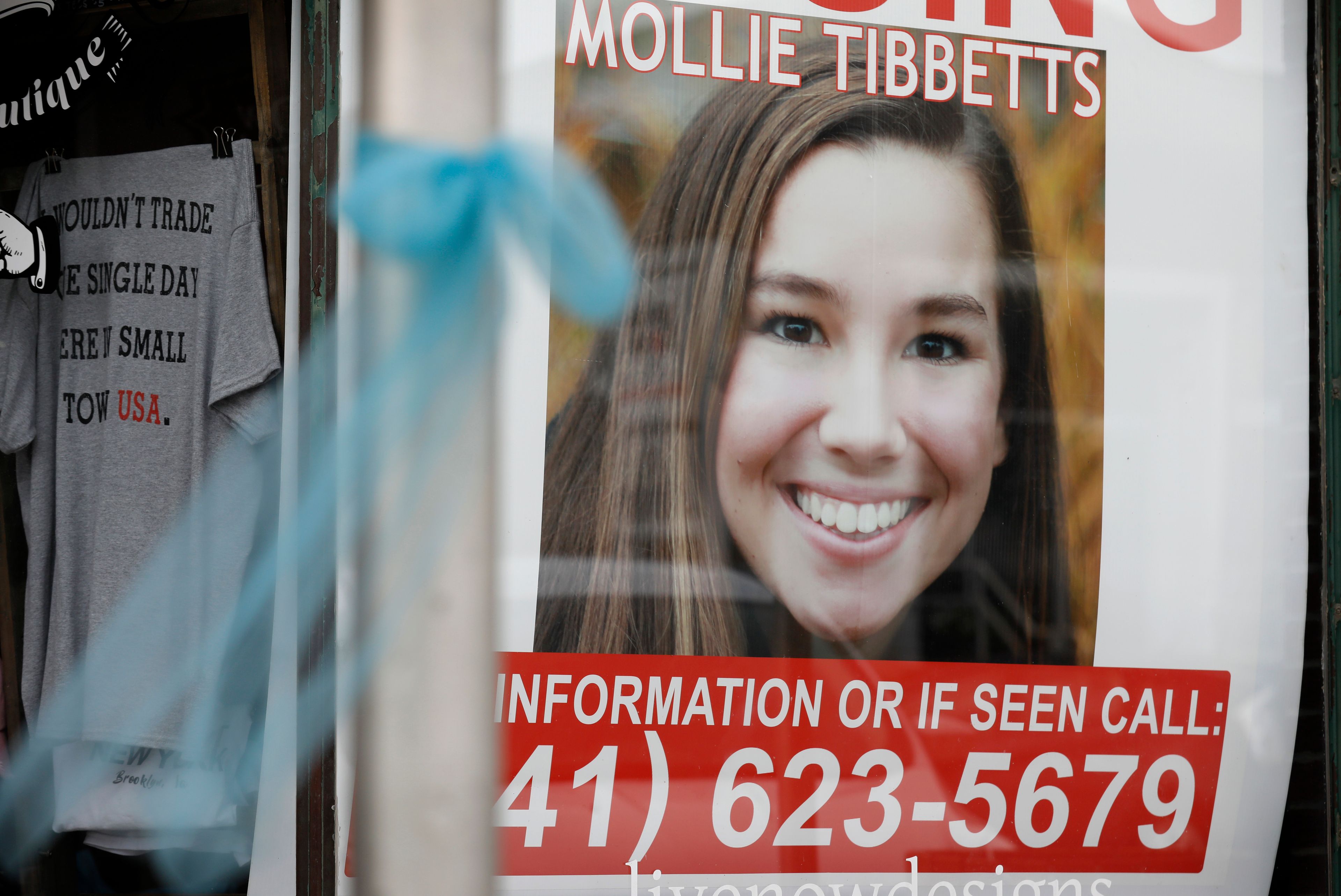FCC slaps ex-Idaho Nazi sympathizer with $10 million fine for racist robocalls
KALISPELL, Mont. — A Nazi sympathizer and former Idaho resident faces a $9.9 million fine from the Federal Communications Commission after he plagued various parts of the country with racist, anti-Semitic and threatening robocalls.
Scott D. Rhodes, 51, who moved to Libby, Mont., from Sandpoint in late 2018, spent much of that year recording vitriolic messages that rang tens of thousands of phones in at least eight states.
In addition to attacking Black and Jewish politicians, Rhodes’ messages threatened a journalist in Sandpoint, targeted an Iowa community grieving the murder of a local college student, and attempted to influence the jury in a murder case against a white supremacist in Charlottesville, Va.
In announcing the fine on Jan. 14, the FCC said Rhodes repeatedly violated the Truth in Caller ID Act by manipulating the calls to make them appear as if they came from local phone numbers, a process known as “neighbor spoofing.”
Ajit Pai, who stepped down as the FCC’s chairman last week, said the law clearly prohibits spoofed robocalls “used with the intent to defraud, cause harm or cheat recipients,” and Rhodes’ calls marked “new levels of egregiousness.”
The FCC proposed fining Rhodes $12.9 million in January 2020, but the amount was lowered after Rhodes submitted evidence that he legally owned one of the phone numbers used in his abusive campaign. The commission rejected all of his other arguments, including vague suggestions that someone else could have sent the robocalls. In his response to the commission’s findings, he complained of “politically motivated gross overreach of FCC authority” as well as “corruption” by “minority in-groups.”
Rhodes was given 30 days to pay the fine. If he doesn’t, the FCC said it could refer the case to the Department of Justice.
The Sandpoint Reader, a weekly newspaper, first reported on Rhodes when police identified him as the man who distributed racist propaganda in a high school parking lot in late 2017.
In early 2018, Rhodes captured the attention of police in Alexandria, Va., who were investigating threatening phone calls made to the city’s mayor and council members. Investigators determined one of those calls was a recording of Adolf Hitler and traced the number to Rhodes.
Rhodes then began sending robocalls that directed listeners to his video podcast, in which he spent hours ranting about Jews, Muslims and nonwhite groups. The FCC’s Enforcement Bureau found Rhodes sent more than 34,000 messages through a robocalling service called the Dialing Platform in 2018. The commission determined that about 5,000 of those calls, which rang phones in six states, were unlawful.
In May 2018, Rhodes sent nearly 1,500 robocalls to major cities in California, attacking U.S. Sen. Dianne Feinstein, who was up for reelection that year. The messages referred to Feinstein as a “traitorous Jew” and urged white Californians to “relocate to North Idaho, where very white is very right.”
In August 2018, Rhodes sent more than 800 robocalls to residents of Brooklyn, Iowa — then a town of fewer than 1,600 people — following the murder of local college student Mollie Tibbetts. An undocumented immigrant from Mexico was charged with the crime after leading police to her body, and her death became a talking point of the Trump administration for more restrictive immigration policies.
Relatives of Tibbetts were among those who received Rhodes’ robocalls, which referred to Latinos as “brown hordes” and “savages.”
Rhodes sent hundreds more robocalls to Sandpoint residents in September 2018, attacking the Sandpoint Reader. Referring to the paper’s publisher by name, the messages threateningly called on residents to “burn out the cancer.”
In October 2018, Rhodes sent robocalls to Florida attacking Andrew Gillum, a Black Democrat who was running to become the state’s governor at the time. The following month, Rhodes sent robocalls attacking Stacey Abrams, another Black Democrat who was running for governor in Georgia. Both messages used racist tropes to mock the candidates.
In November and December 2018, Rhodes sent more than 2,000 robocalls to Charlottesville, where white supremacist James Fields was on trial for murdering Heather Heyer by driving a car into a crowd of protesters at the 2017 “Unite the Right” rally. The messages conveyed a baseless conspiracy theory about Heyer’s death, and the judge instructed jurors not to listen to the calls.
While they are not reflected in the FCC’s reports or the amount of the fine against Rhodes, he appears to be responsible for other robocalls in Idaho, Washington, Georgia and New York, all of which directed recipients to his videos, according to news reports.
Around the end of 2018, the University of Virginia complained that Rhodes had spoofed a number belonging to the university, and the Dialing Platform promptly booted him from its service, according to the FCC. The Dialing Platform also provided investigators with Rhodes’ billing and account information, proving he was responsible.
The FCC rejected Rhodes’ argument that the relevant federal laws prohibit only criminal conduct and commercial activities. “Illegal robocalls are harmful to consumers whether they seek to advance fraudulent schemes, commercial activities, or social or political positions,” the commission said.
Moved to Sandpoint around 2015
Rhodes has also used the surname Platek and at one point lived in San Francisco. He moved to Sandpoint around 2015, the same year hateful robocalls targeted Sandpoint’s mayor. The Reader reported Rhodes was evicted from his rental home in Sandpoint in late 2018. He then moved into a home in Libby that had just been purchased by a company called Law Enforcement Support Network LLC — an apparent effort to shield his identity.
Detective Dave Hall of the Lincoln County Sheriff’s Office confirmed Monday that Rhodes still resides in that home in Libby. Rhodes has had no encounters with law enforcement during his time there, Hall said.
Rhodes has purported to be an Idaho resident while living in Montana. He opened his latest video, which was posted in April, by claiming he was broadcasting from “very white, very racist North Idaho.” He later asked viewers to send money to a post-office box in Bonners Ferry, Idaho.
He didn’t immediately return an email seeking comment Tuesday.
TNS










